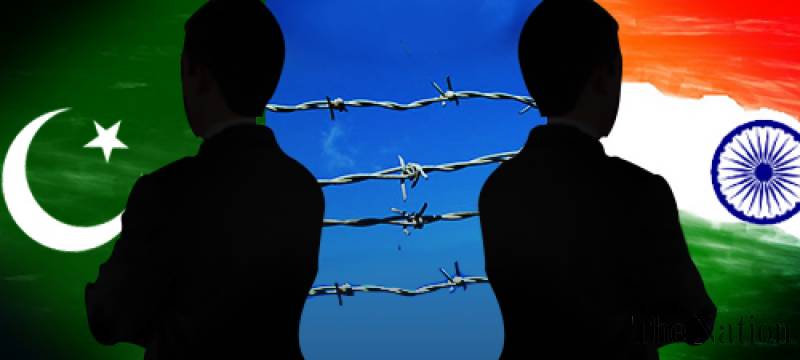Experts urge for dialogue
| Speakers at a seminar have urged Pakistan and India to hold dialogue for resolving water conflicts and said the issue could be settled through amicable water governance and friendly environment between the two neighbors. Papers on ‘Water issues conflicts and resolutions’ were read at Gender Resource Centre, Sindh Agriculture University (SAU), Tandojam. The seminar was jointly hosted by SAU, Indus Consortium Centre for Social Change and Sindh Agricultural Forestry Workers Coordinating Organisation (SAFWCO). The term ‘water governance’ refers to political, social, economic and administrative systems influencing use of water, its management and determines who gets water, when and how, and who has the right to water, related services and benefits. Harris Kuemmerele, key speaker from Kings College, London, said Pak rivers shared water with India and Afghanistan. And Pakistan and India must keep talking for resolving their water conflicts to give friendly environment to both countries, he said. Zulfiqar Halepoto, social activist and researcher, said it was state’s responsibility to take act and adopt workable policy for resolving water conflicts at national and international level. SAU Vice Chancellor Prof Dr Mujeeb Memon said: ‘Pakistan depends on one river – Indus. It not only feeds canals and other sources but contributes to maintain wide ecosystems, wetlands, overall environment and nation’s wellbeing. Dependence on one river means it has little leverage that most countries enjoy by having many river basins and diversity of water resources, he said. He said that industries, agriculturalists and corporations must adopt pollution control, micro-irrigation, recycling and reuse of water on a bigger scale. Once it was demonstrated on a large scale, it would surely have a trickledown effect and bring prosperity, which would contribute to national economy, he said. SAU Director Dr Ismail Kumbhar said: ‘Pakistan is one of the world’s most water-stressed countries. Here situation causes worst water scarcity, which needs to be addressed by policy mechanism with participation of all stakeholders’. He hoped this workshop would help stakeholders get proper suggestions and recommendations to develop water sector strategies. Ghafoor Bhatti from Badin and Kiltar Gul from Tharparkar shared their knowledge and community perspective on the issue. At seminar’s end, students raised questions about water availability, climate change, causes of water scarcity and its impact on agriculture, ecosystems and health of wetlands, which also provided source of living to many residents of the province. |







